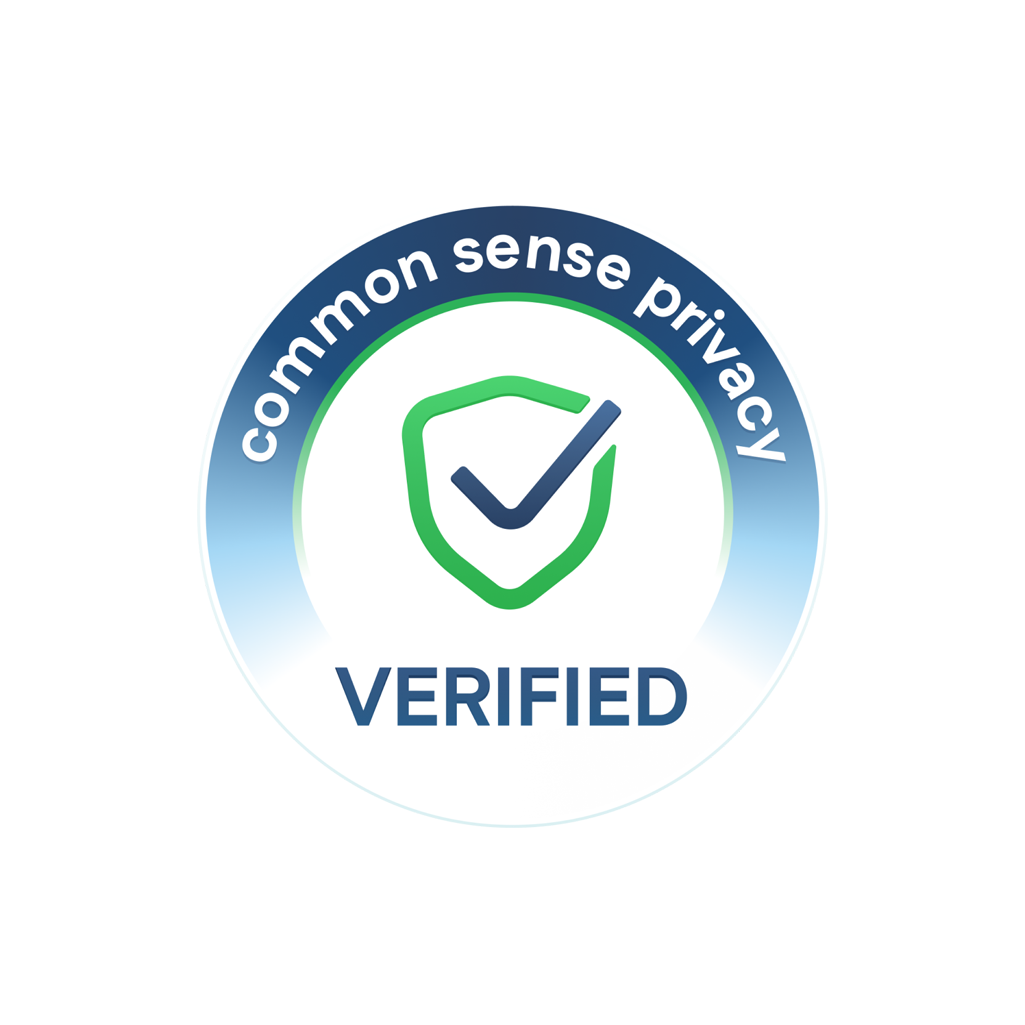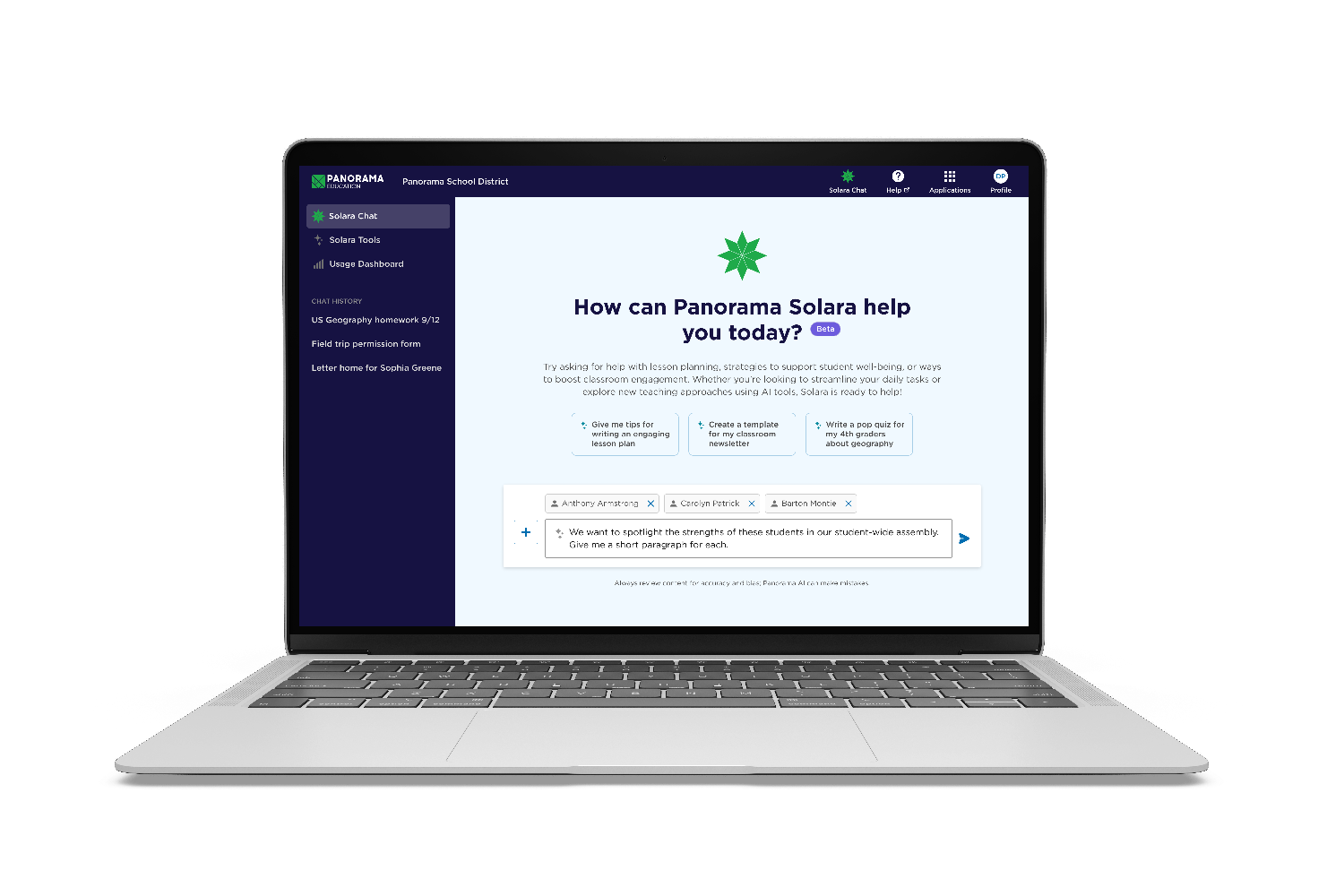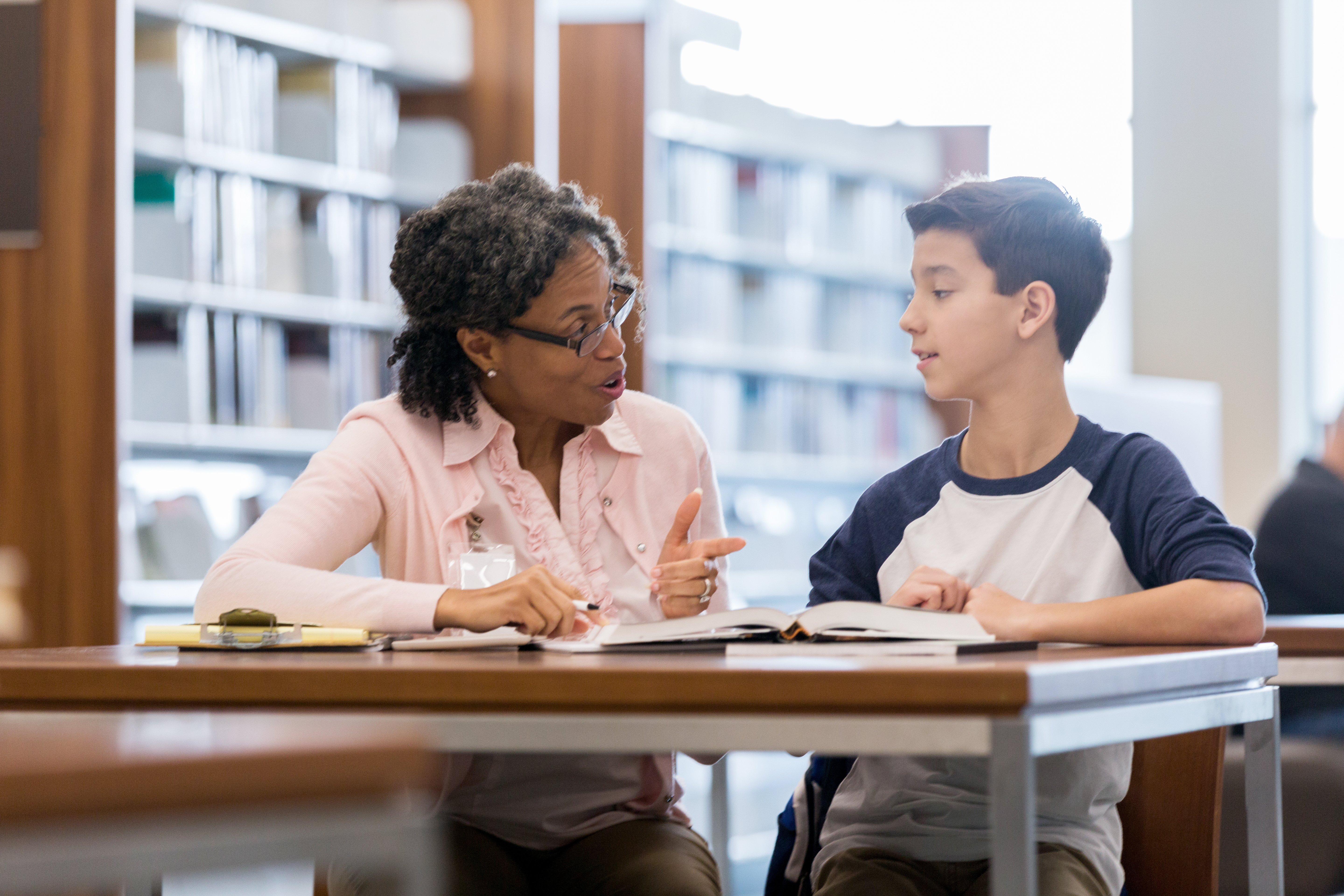

Featured Resource

The State of Chronic Absenteeism
How to combat absenteeism in 2025: findings from an analysis of 7,000 schools
Download NowGet notified about new resources and articles

Join 90,000+ education leaders on our weekly newsletter.
Join our community of 90,000+ educators to get the latest news, events, and resources delivered straight to your inbox.
Subscribe
Get the latest news, events, and resources for education leaders.



.jpg)

.jpg)
.jpg)
.jpg)

